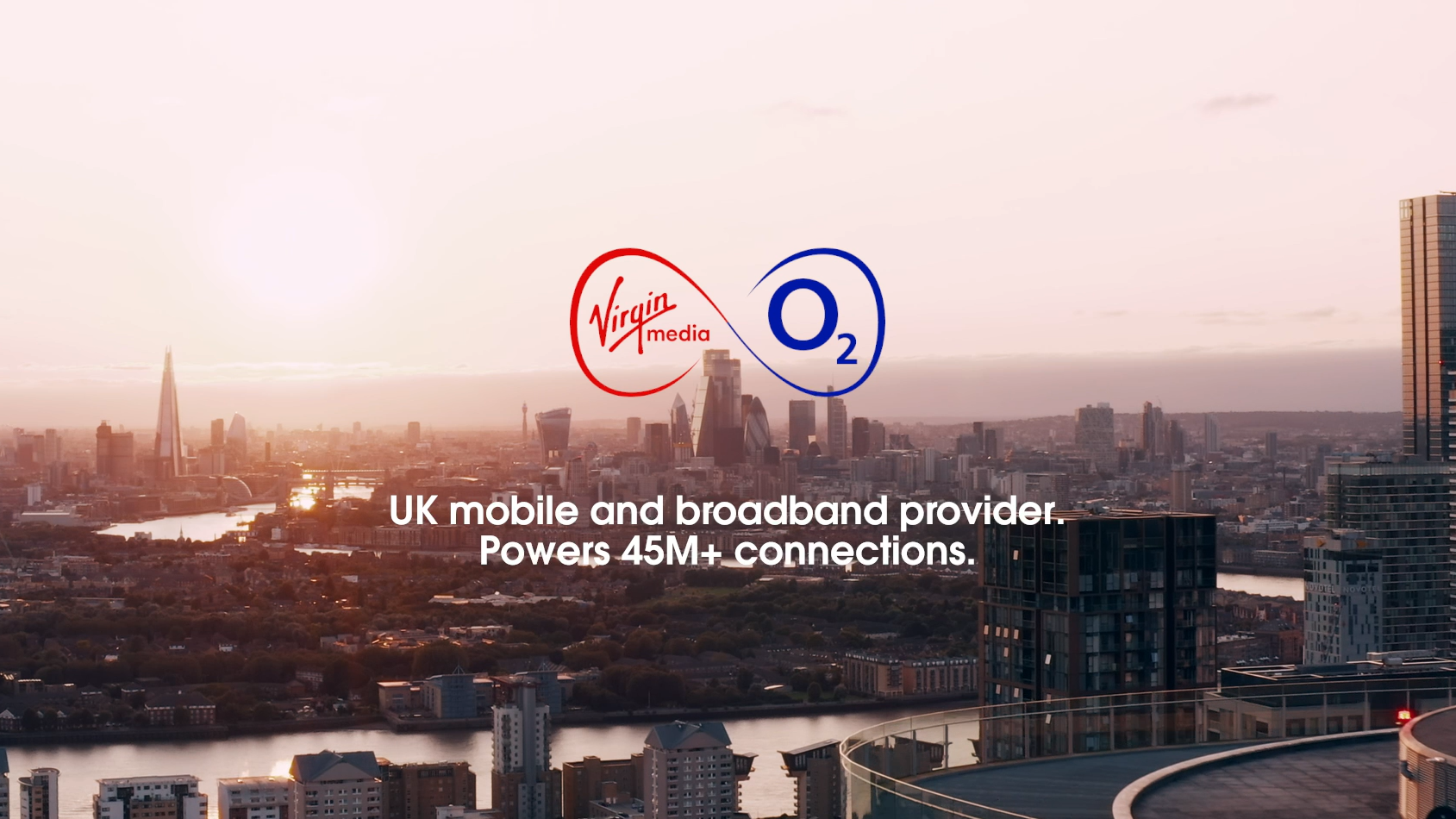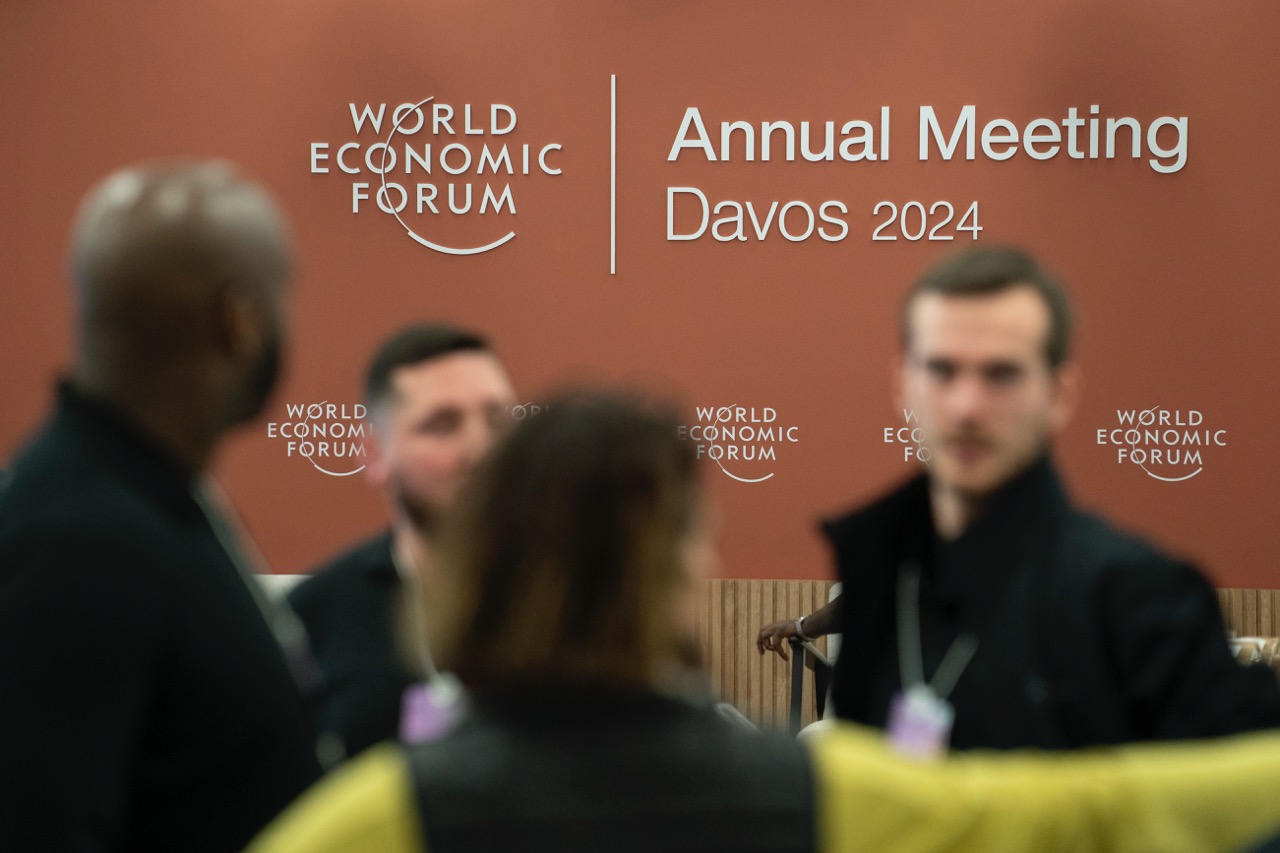
Box lutte efficacement contre les cybermenaces en apportant de la clarté aux données de sécurité
En améliorant sa robuste protection du contenu et des flux de travail, Box utilise Tableau Pulse dans Tableau Cloud pour faire émerger des informations, optimisant ainsi sa réponse de sécurité aux menaces évolutives posées par l'utilisation abusive de l'IA.




















